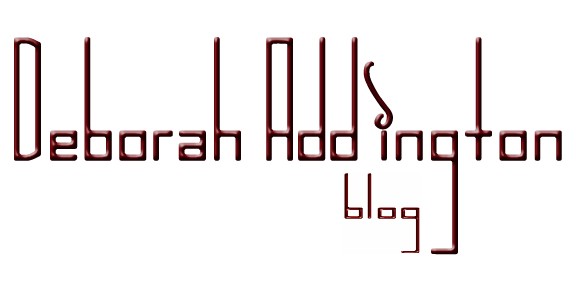Pluralism is my Big Goal. I intend to be part of creating a plural world. The path by which I mean to help actualize this goal is by being a proponent of religious literacy, which is necessary to pluralism.
'Plural' means:
1. consisting of, containing, or pertaining to more than one.
2. pertaining to or involving a plurality of persons or things.
3. being one of such a plurality.
Pluralism acknowledges diversity. Pluralism does not attempt to homogenize all religions into one beige blob. Pluralism does not say, "All religions are doing/based on the same thing." Pluralism says, "There's a lot of us here, and we hold differing beliefs, practice faith in different ways. How can we engage in dialog to the benefit of all, without losing the unique and individual traits of the participants in the conversation?"
Diana Eck, out of Harvard, has done some amazing work with the Pluralism Project. Each school to which I'm applying has something terribly exciting about it, and this is one of Harvard's big draws. To be able to work with a team of researchers, to be able to bring a greater awareness of what pluralism entails and how it can work to create a more peaceful, stable world is my dream. It's BIG dream. I've found that sometimes, the best way to approach big things is in small ways. My 'small way' of contributing to a plural world is through religious literacy.
On the Pluralism Project site, I found Dr. Eck's definition of pluralism. I have Eboo Patel's definition on the home page of this [my] site, and I love it, but Eck's adds another dimension to the understanding of pluralism with her vibrant clarity. I was particularly pleased to note that she includes religious literacy in her definition:
What is Pluralism?
The plurality of religious traditions and cultures has come to characterize every part of the world today. But what is
pluralism? Here are four points to begin our thinking:
* First, pluralism is not diversity alone, but the energetic engagement with diversity. Diversity can and has meant the creation of religious ghettoes with little traffic between or among them. Today, religious diversity is a given, but pluralism is not a given; it is an achievement. Mere diversity without real encounter and relationship will yield increasing tensions in our societies.
* Second, pluralism is not just tolerance, but the active seeking of understanding across lines of difference. Tolerance is a necessary public virtue, but it does not require Christians and Muslims, Hindus, Jews, and ardent secularists to know anything about one another. Tolerance is too thin a foundation for a world of religious difference and proximity. It does nothing to remove our ignorance of one another, and leaves in place the stereotype, the half-truth, the fears that underlie old patterns of division and violence. In the world in which we live today, our ignorance of one another will be increasingly costly.
* Third, pluralism is not relativism, but the encounter of commitments. The new paradigm of pluralism does not require us to leave our identities and our commitments behind, for pluralism is the encounter of commitments. It means holding our deepest differences, even our religious differences, not in isolation, but in relationship to one another.
* Fourth, pluralism is based on dialogue. The language of pluralism is that of dialogue and encounter, give and take, criticism and self-criticism. Dialogue means both speaking and listening, and that process reveals both common understandings and real differences. Dialogue does not mean everyone at the “table” will agree with one another. Pluralism involves the commitment to being at the table -- with one’s commitments.
—Diana L. Eck
Ultimate Concern
Most men worry about their own bellies, and other people's souls, when we all ought to be worried about our own souls, and other people's bellies. -- Rabbi Israel Salanter 1810-1883
Wednesday, August 20, 2008
Subscribe to:
Post Comments (Atom)




No comments:
Post a Comment